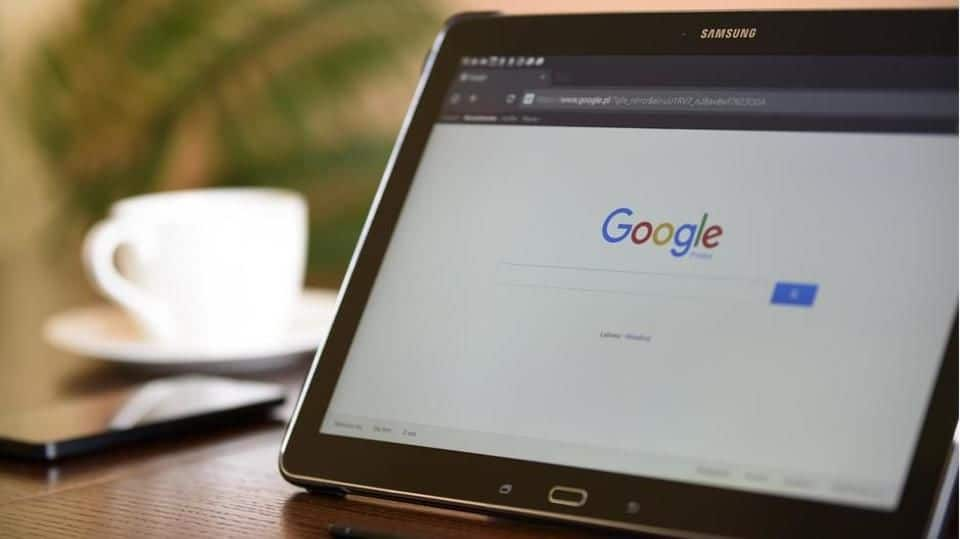
Google removes 'View Image' option from image search platform
What's the story
In a change that will irk many users, Google has finally removed the 'View Image' button from its Images platform.
Earlier when users searched images on Google, they could easily steal copyrighted pictures by using the 'View Image' option that opens any image in a separate tab.
Now to open an image, users will first have to compulsorily visit the webpage it's originating from.
Twitter Post
The 'visit' button becomes the next major option on Images
Today we're launching some changes on Google Images to help connect users and useful websites. This will include removing the View Image button. The Visit button remains, so users can see images in the context of the webpages they're on. pic.twitter.com/n76KUj4ioD
— Google SearchLiaison (@searchliaison) February 15, 2018
Intention
Users will have to visit the website of the images
With this tweak, Google wants users to either entirely stop using images that are not licensed for free reuse, or at least visit their websites and indirectly contribute to their ads revenue.
Consequently, it might also be possible that some websites disable the ability to right-click on images, preventing users from simply grabbing the URL of an image they have no right over.
Crackdown
'Search by image' option for searching related images also removed
Google has also removed the 'Search by Image' button on its Images platform, which showcased images similar to one particular picture opened by the user. This option was misused to find un-watermarked versions of images wanting to be stolen.
However, users can still perform a reverse image search by dragging the image they want to the search bar and simply searching for related images.
Workaround
Here is how you can circumvent the new update
Fortunately or unfortunately, soon after the reports of Google Images undergoing such modifications came out, its workaround surfaced on the internet as well.
Users can still right click on an image on the Google Images platform and select the 'Open image in new tab' option. This will open the full-size picture in a separate tab.
Quote
Want to strike balance between user and publisher needs: Google
Referring to its recent multi-year global licensing partnership with Getty Images, Google said, "These changes came in part due to our settlement with Getty Images this week. They are designed to strike a balance between serving user needs and publisher concerns, both stakeholders we value."